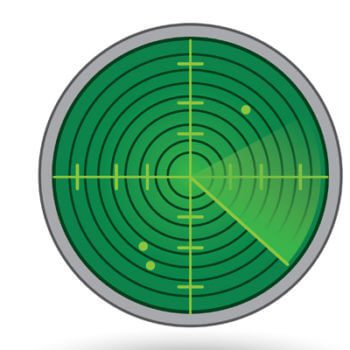
The Time Bomb In Your Balance Sheet
- business, finance, balance sheet, assets, liabilities
The Time Bomb In Your Balance Sheet
It’s tax time again. Don’t you just love having to get all your information together for your accountant to file your tax return? Pain though the admin is, it’s much worse when surprises emerge of how much tax you have to pay and you have the feeling “Why didn’t my accountant tell me that 6 months ago!”
Just last week a friend of mine was spitting blood about his accountant. He is self-employed and had been regularly paying £750pm to HMRC as he didn’t want to have a big bill he couldn’t pay on 31 January. He received an email instructing him that he had underpaid for 2014/2015 by £4,000. Not great, but not too disastrous either.
The email went on further to say in addition there was a Payment on Account for 2015/2016 of a further £9,000, which his accountant hadn’t mentioned before. As a result, he will not be able to take out any salary for the next two months. Not a great start to the year when he works 60 hours per week.
Balance Sheet ‘Bombs’
The fact is whilst many small business owners may understand their Profit and Loss account, they are a lot less confident on what their Balance Sheet means for them. This can be very dangerous and extremely harmful for your financial health.
But it’s not just small business owners. When I typed in the title of this blog into Google here are some of the articles which came up:
- “The property time bomb sitting beneath Tesco’s balance sheet”
- “The time bomb in IBM’s balance sheet”
- “The time bomb ticking on Staples balance sheet”
Even big businesses don’t always get this right! What’s worse in their case, is that it is often deliberately so!
So how do you know if you have a time bomb in your balance sheet? Contact us to find out.
If you don’t have time for that here are a few quick tips:
1. Understand your Balance Sheet
Make sure you understand what your Balance Sheet is telling you about your business. There is no shame in not knowing this. Most small businesses owners have not been trained in finance. Ask your accountant to explain it to you.
2. Make sure all your liabilities are properly reflected on your Balance Sheet
For small businesses tax is the big one which is often missed out until the tax accountant does the tax computation between 3-9 months after the year-end. Your bookkeeper or accountant should be able to enter a tax provision in your monthly management accounts based on a simple estimate of your profit for that month. It won’t be totally accurate but it’s at least give you an idea and make sure you don’t spend money that’s not yours.
3. Make sure your business is liquid and will not run out of cash
In particular, your Net Current Assets is a critical number which is a very simple indicator of the health of the liquidity in your business. In simple terms your Net Current Assets are your Current Assets (assets which will turn to cash in the next 12 months, such as Cash, Stock, Trade Debtors) less your Current Liabilities (liabilities which will turn to cash in the next 12 months such as Trade Creditors, Accruals, PAYE, VAT etc). The more Current Assets you have to cover your Current Liabilities the better shape your business is in.
4. Make sure your Balance Sheet is never more than a month out of date
This information together with your Profit and Loss and Cash Flow statements are critical to the health and survival of your business. Many businesses, large and small, go bust because of poor financial information. You cannot make sound business decisions without monthly management accounts and proper forecasts of your P&L, B/S and Cash Flow.
If you’d like to learn more about this and be sure there are no time bombs in your Balance Sheet contact us today.
Author: Shaun, Finance Director and Founder of Business Growth Services.



